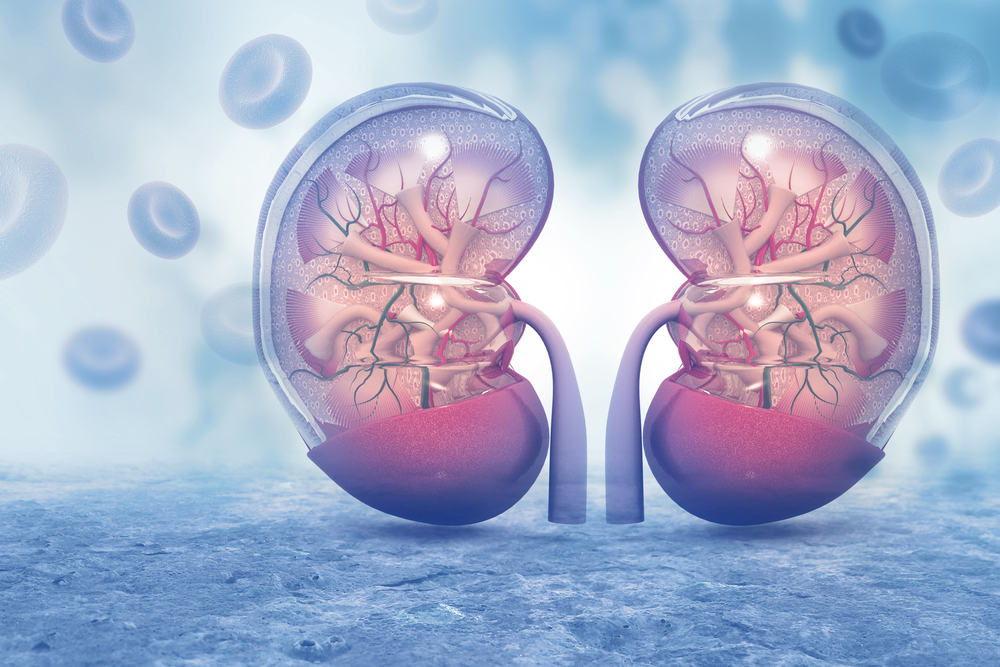The thyroid, although it is a small gland, has a very important task: that of secreting hormones that will go on to regulate the metabolic structure of the entire body. This gland, when threatened by disturbing factors, reacts with dysfunctions that then extend to the whole body, a series of functions such as the heart function with the regulation of rhythm, the speed or otherwise with which the metabolism works in consuming available resources, the constant temperature of the body and even determining the general state of mood represent the work of the thyroid gland in the human body.
When any of these functions is compromised by an insult reaching the thyroid gland, the consequence can be one that establishes an imbalance in hormone secretion, a direct cause of various disorders and diseases. In short, if the thyroid is bad the whole body pays the price.
But what, in an average lifestyle, are the negative habits responsible for major thyroid changes?
It should be mentioned that generally dysfunction is primarily caused by autoimmune diseases, genetic factors, or iatrogenic factors, that is, the action of certain categories of drugs. However, many studies have ascertained that there is a direct relationship between poor lifestyle habits, thyroid changes, and an altered metabolism, a danger that extends to the entire body.
- Lack of physical activity.
The habit of not moving , sitting for hours, using the car for any movement, always reducing the most those minimal exercises of the body poses a serious threat to the thyroid gland, which gradually reduces its activity to hypothyroidism, that is, a condition of insufficient thyroid work. Just half an hour of daily exercise is enough to keep the thyroid gland active and functioning well. - Caffeine overconsumption.
Drinking one or two coffees in the day is one thing , but drinking many results in caffeine overuse that can adversely affect thyroid function.
Just minimizing caffeine intake will be enough to stop thyroid damage , using healthier drinks such as natural fruit juices. - Excessive alcohol consumption.
Beyond the consumption of alcohol at meals, the habit of the many drinks at social gatherings and events , which progressively elevate alcohol levels, is widespread. This condition, which can sometimes go as far as alcoholism, is a strong cause of disturbance to the thyroid gland, which may react by slowing down its work to the point of hypothyroidism.
This wrong habit should be countered with a commitment to consume no more than one glass of alcoholic beverage at the main meal and to replace other drinks with nonalcoholic beverages. - Smoking.
The smoking habit is another of the great risks of thyroid damage.The substances produced by tobacco combustion are harmful to the thyroid gland, and among them thiocyanate , particularly toxic , is capable of significantly altering the gland , especially in the presence of other pre-existing diseases.
The smoker, totally engrossed in this bad habit , sometimes does not notice the worsening of his health condition and , in particular, that smoking has made his thyroid ill.
Only a convinced attitude of wanting to get rid of the smoking habit can regress thyroid disorders and regain a healthy condition. - Iodine deficiency.
Iodine is a halogen (salt-generating) chemical element that is very important for good thyroid function. It is present in the body , but it continually serves the thyroid for the regulation of hormones that preside over basal metabolism and many other functions , such as temperature regulation. Iodine deficiency can cause excessive activity of the gland, which can result in hyperthyroidism.
How do you intervene ? Through diet we try to bring in iodine useful for thyroid function , consuming certain foods that contain it, such as:
1) Garlic and onion;
2) Iodized sea salt;
3) Seaweeds;
4) Fish and seafood;
5) Milk, yogurt and cheeses.
- Stress.
It is well established that stress is an enemy to various organs and a major contributor to the onset of disease, but in the case of the thyroid gland, stress , both physical and psychological , is a significant threat , capable of damaging the thyroid gland and its functions.
Stress should be reduced or eliminated through calmer and more reasoned behavior that is achieved through relaxation techniques , exercise , leisure distractive activities.
For each of the bad habits that undermine the thyroid gland there is a solution to counter them, but it must be said that a healthy diet and daily physical activity can be the most effective defense shield to prevent thyroid disease.




































































































